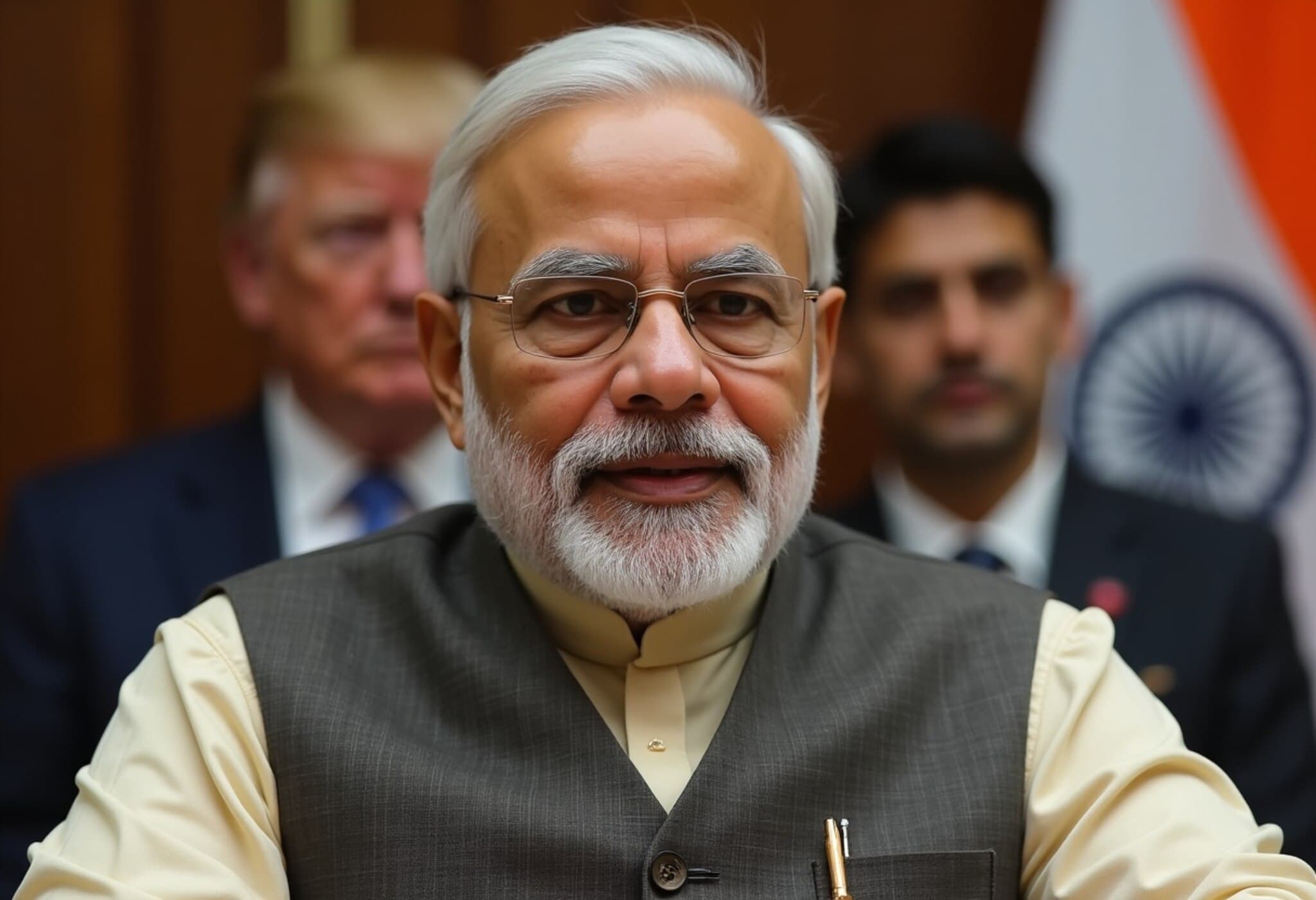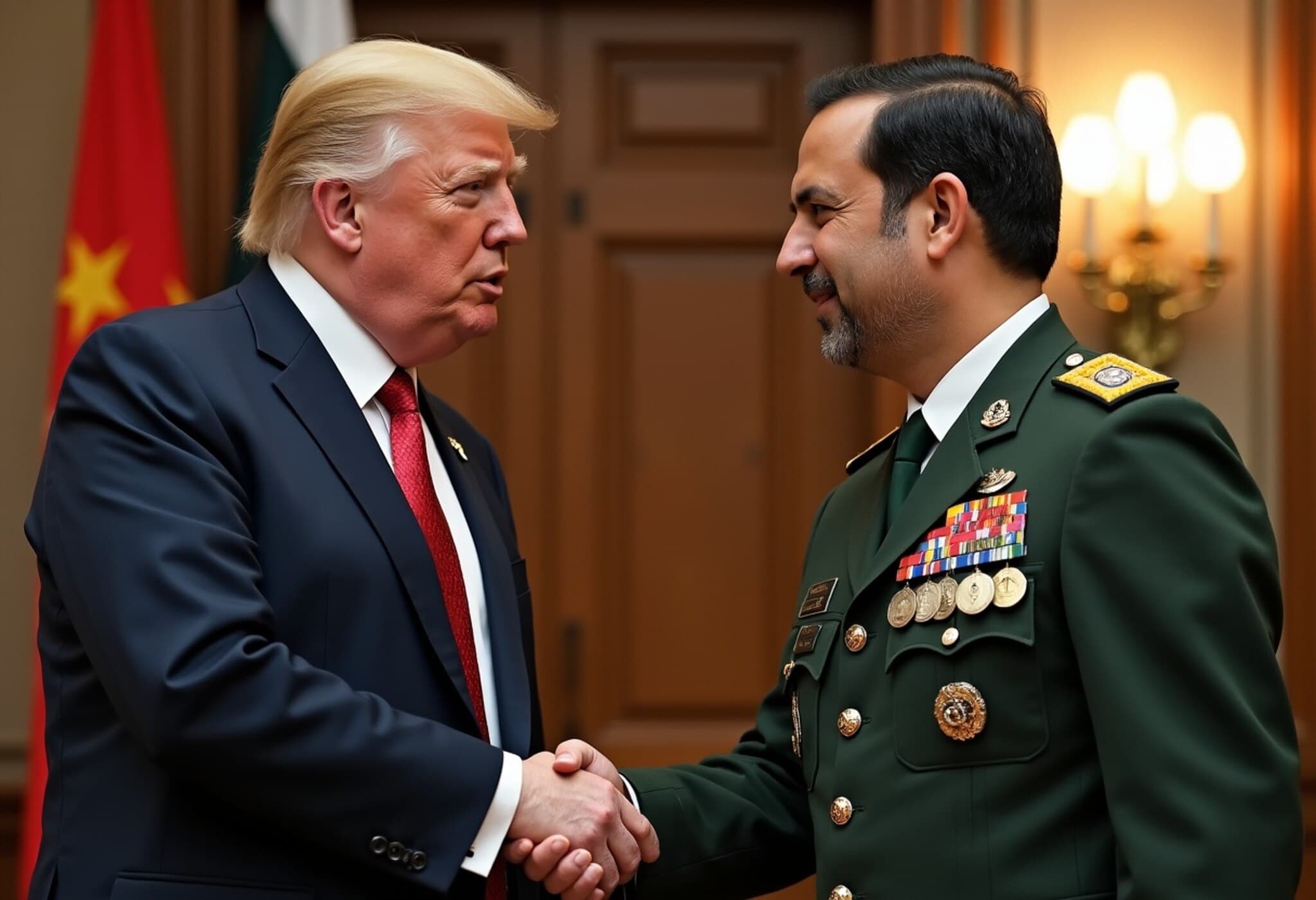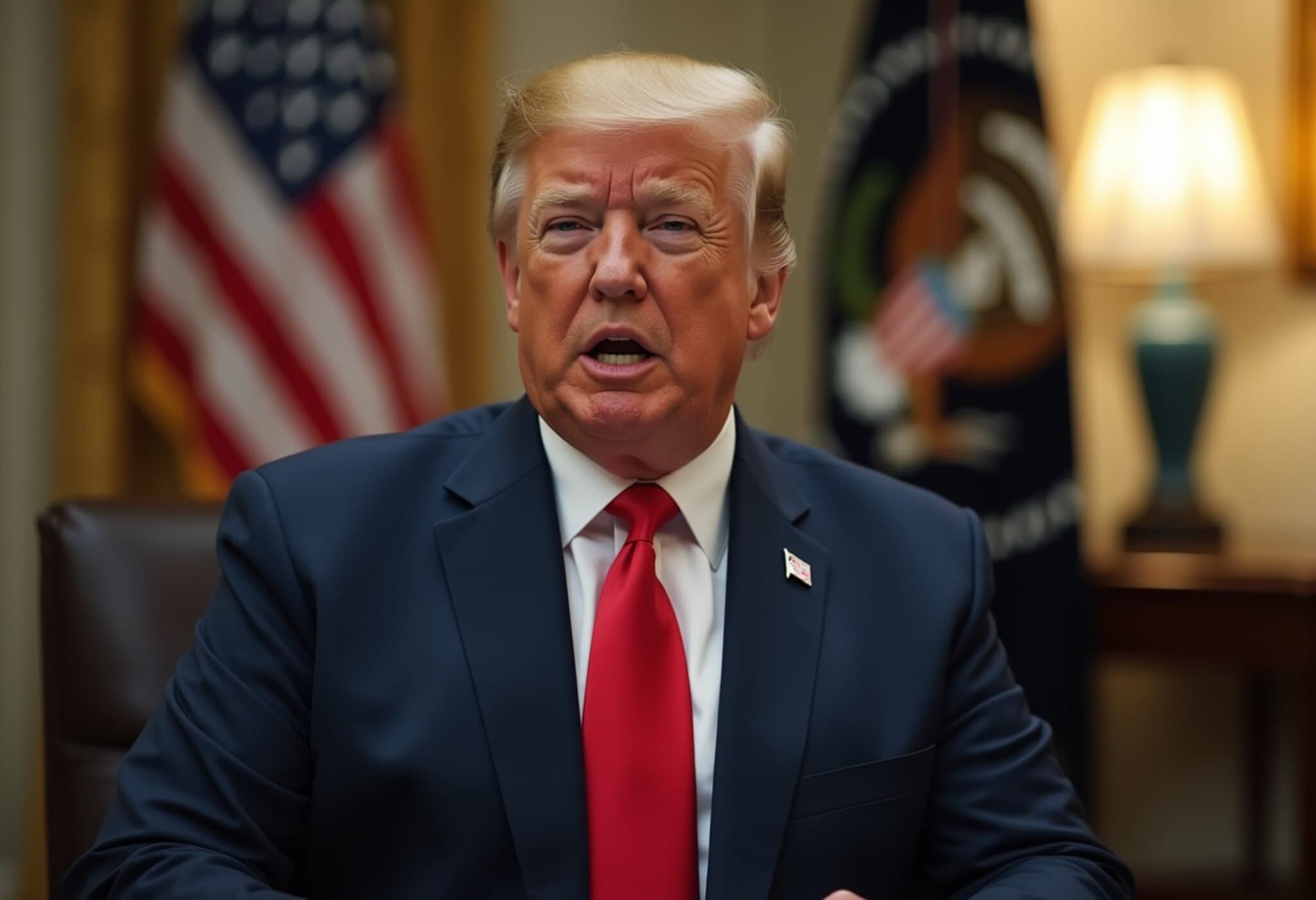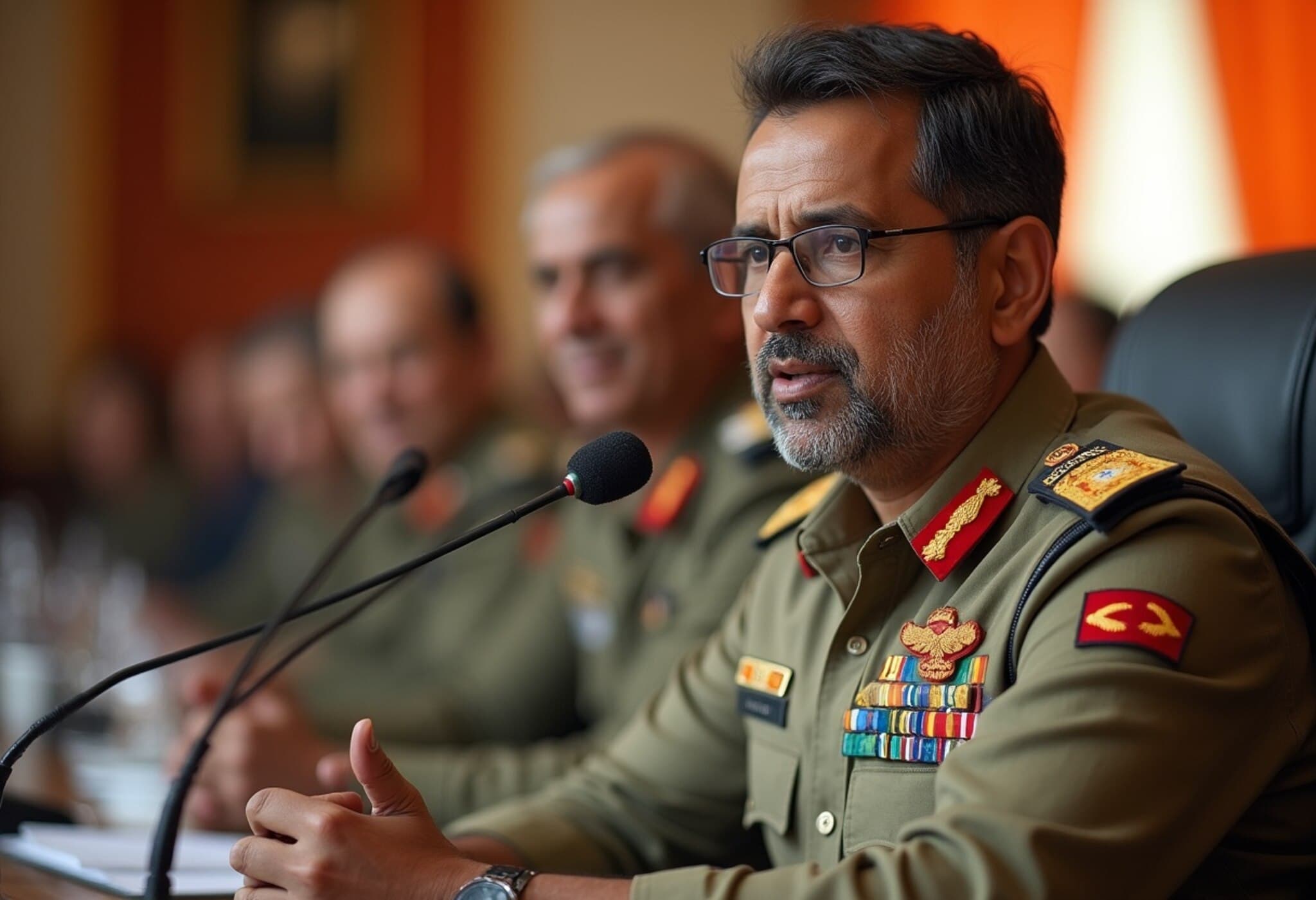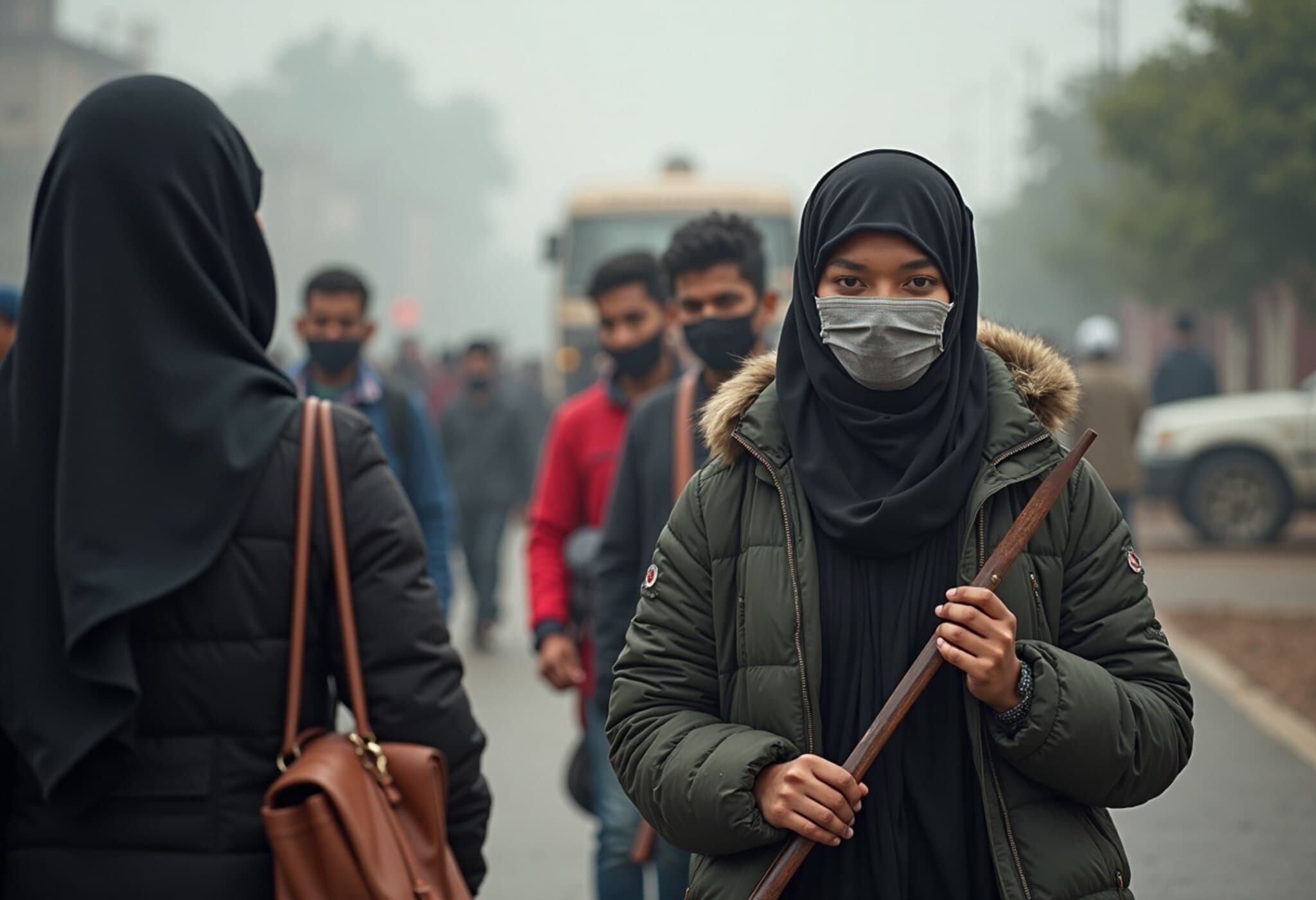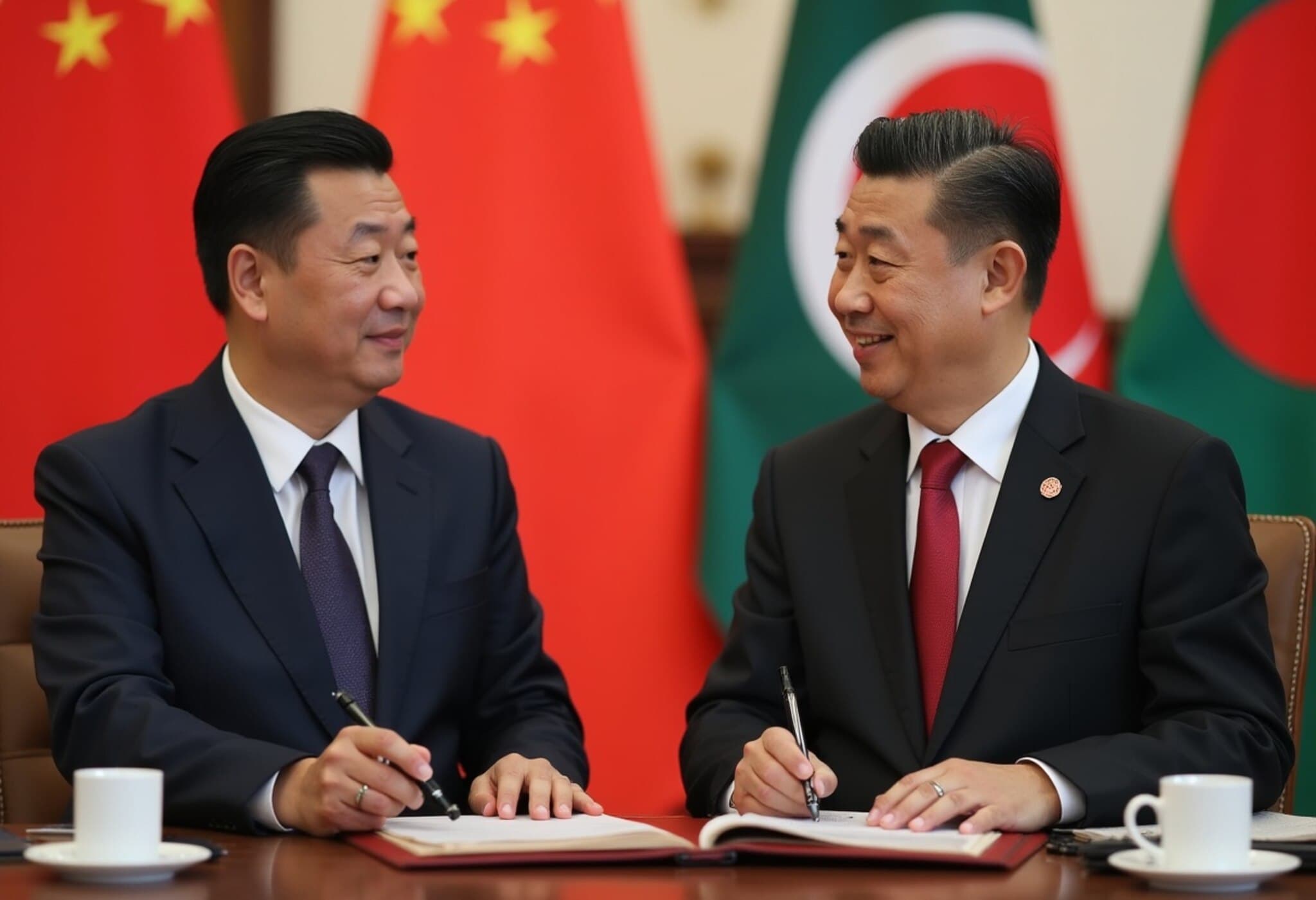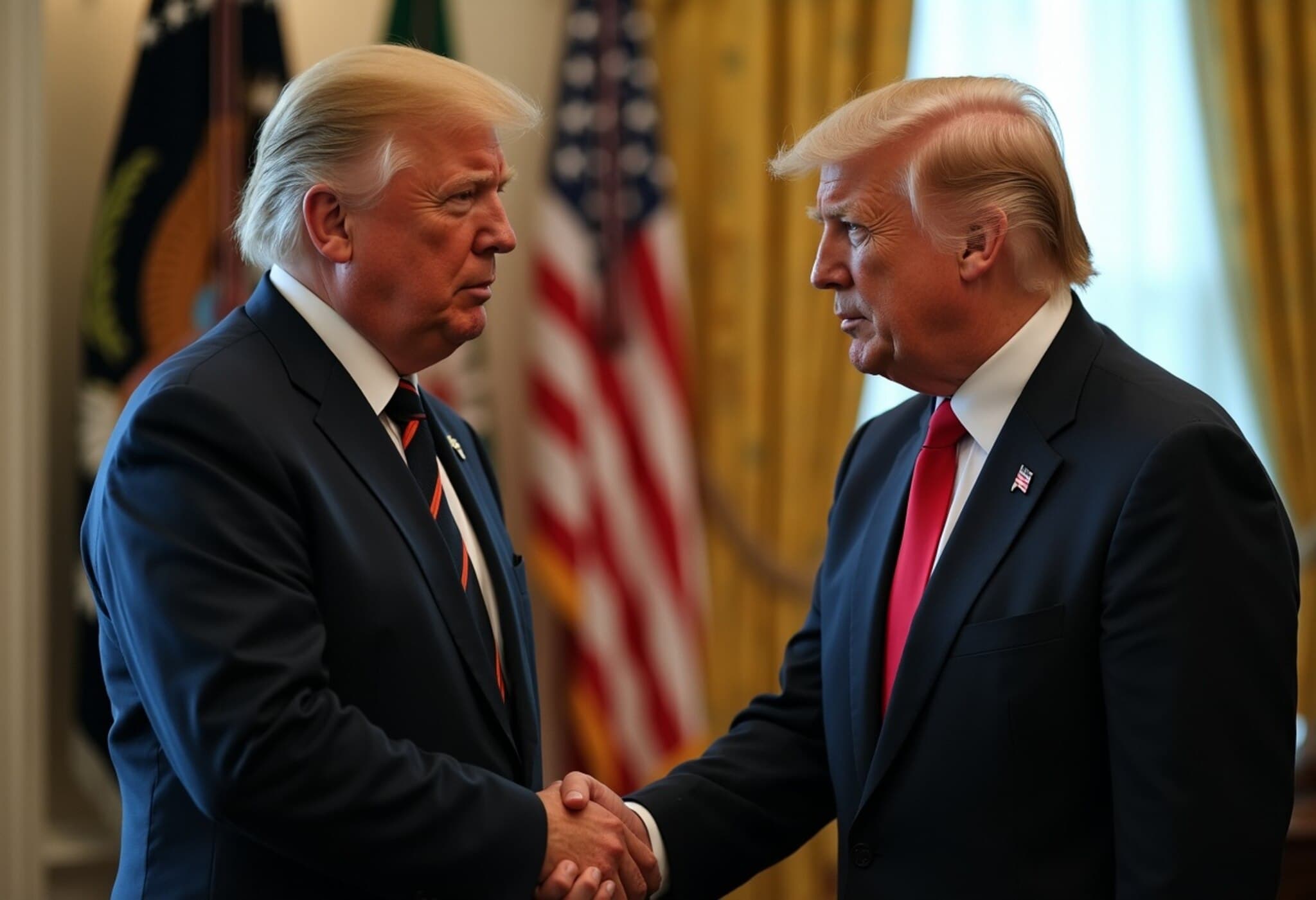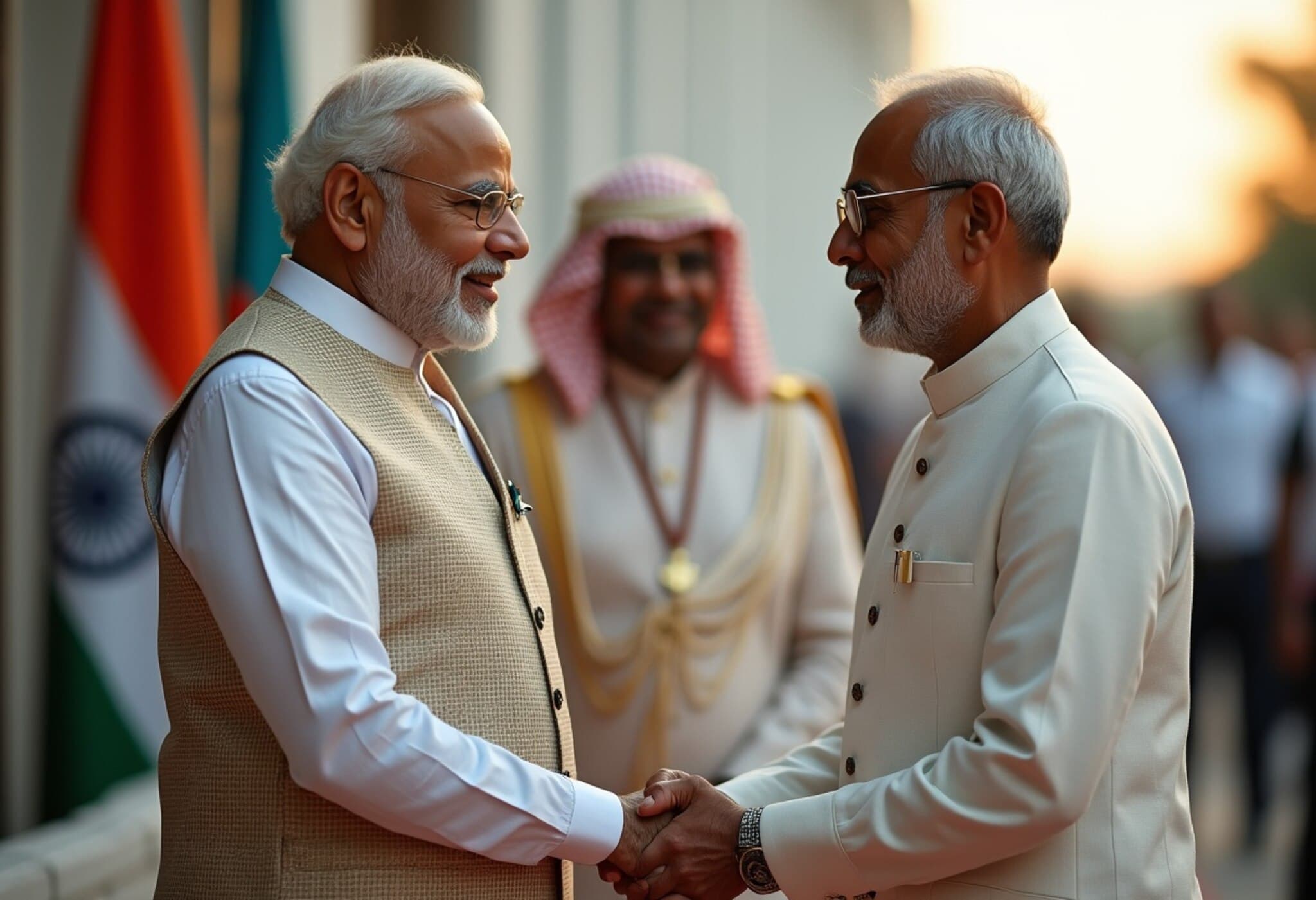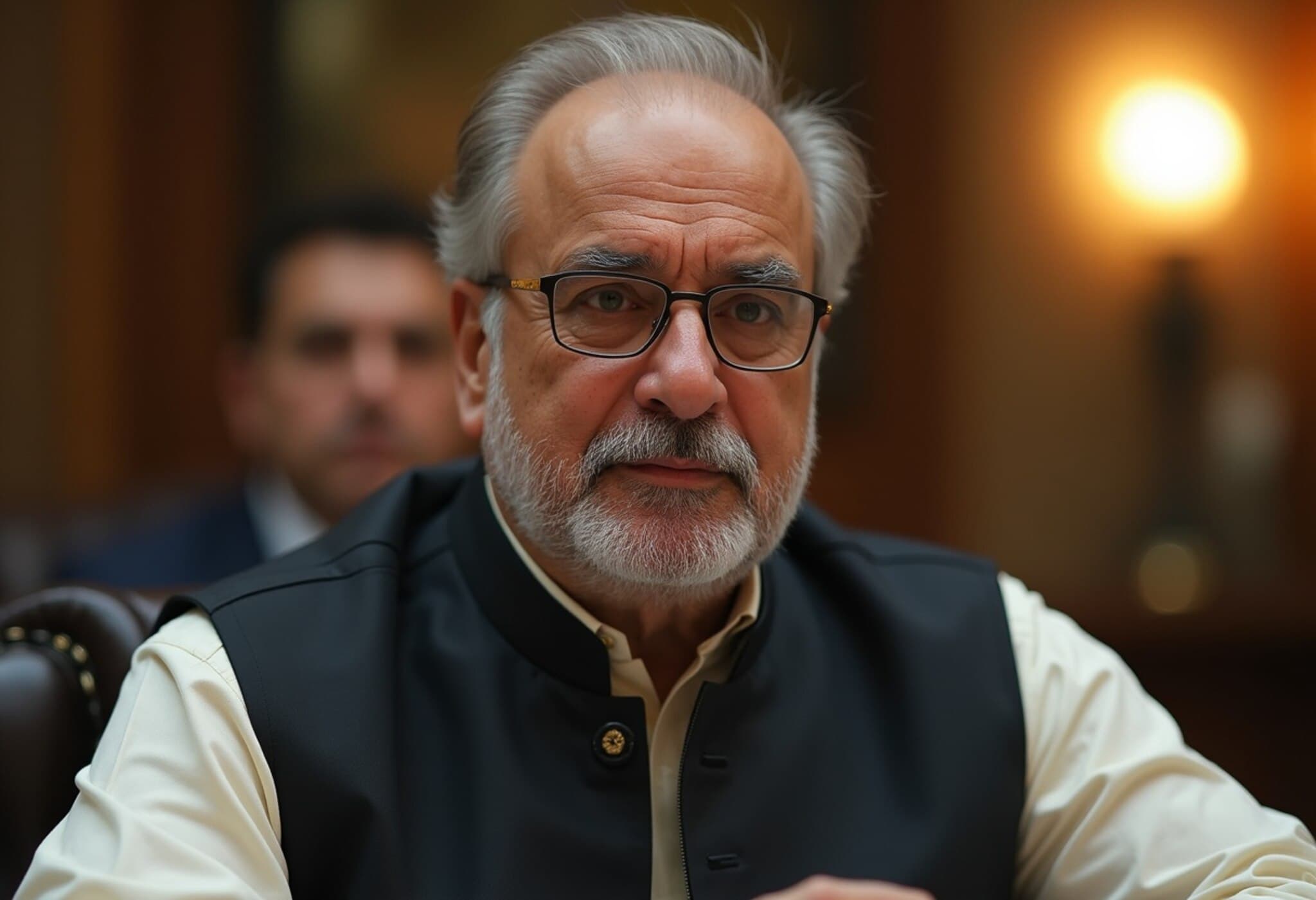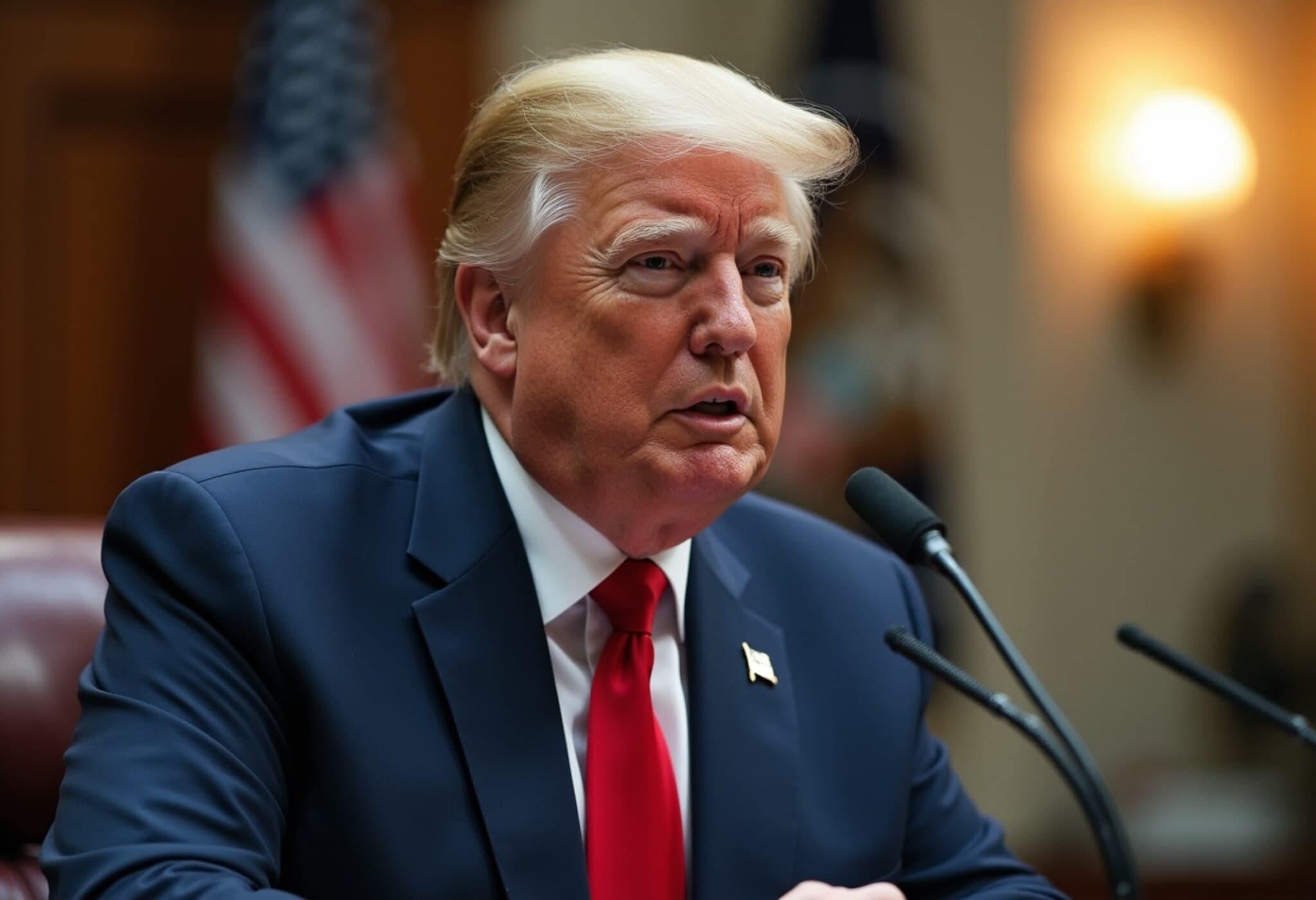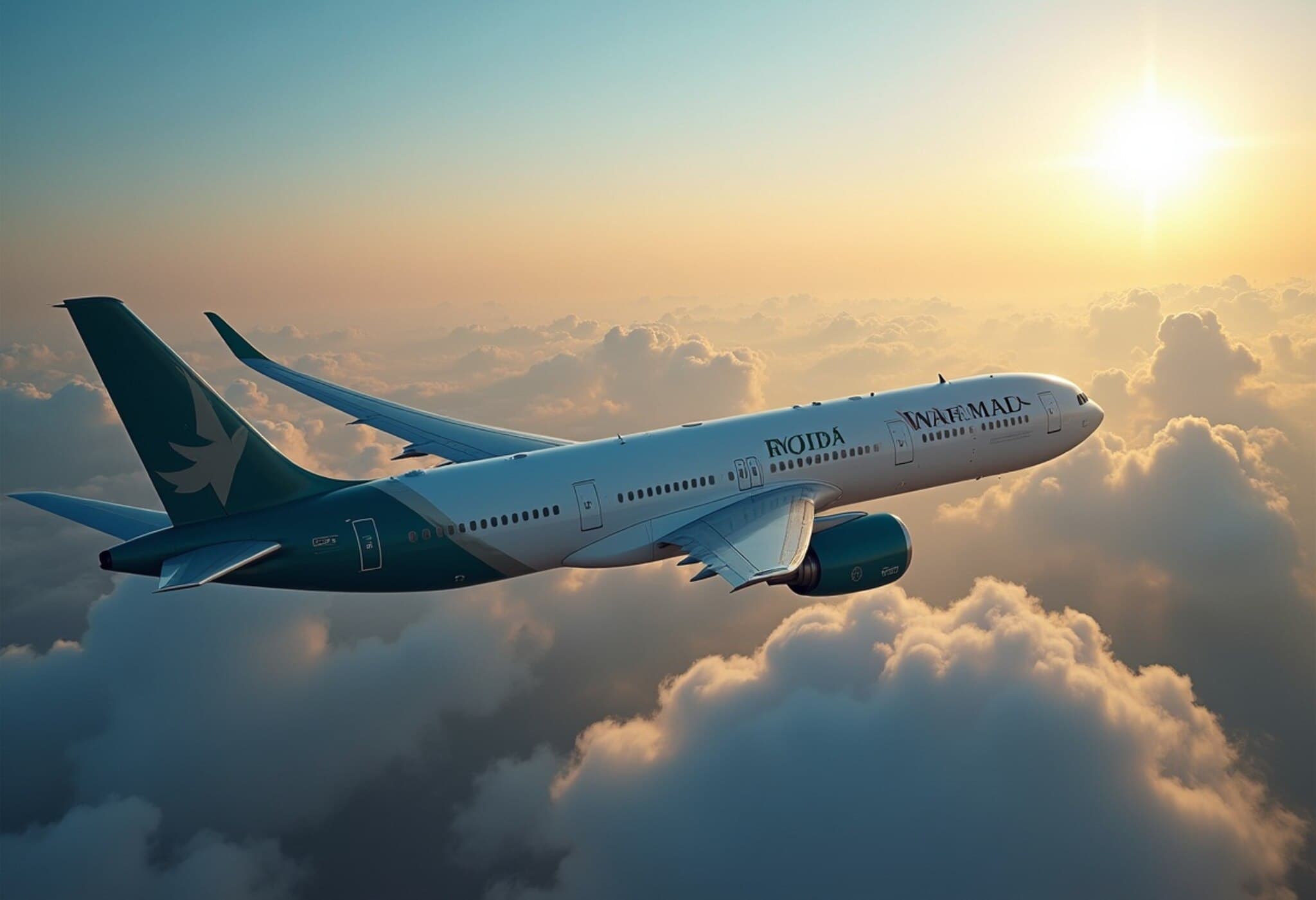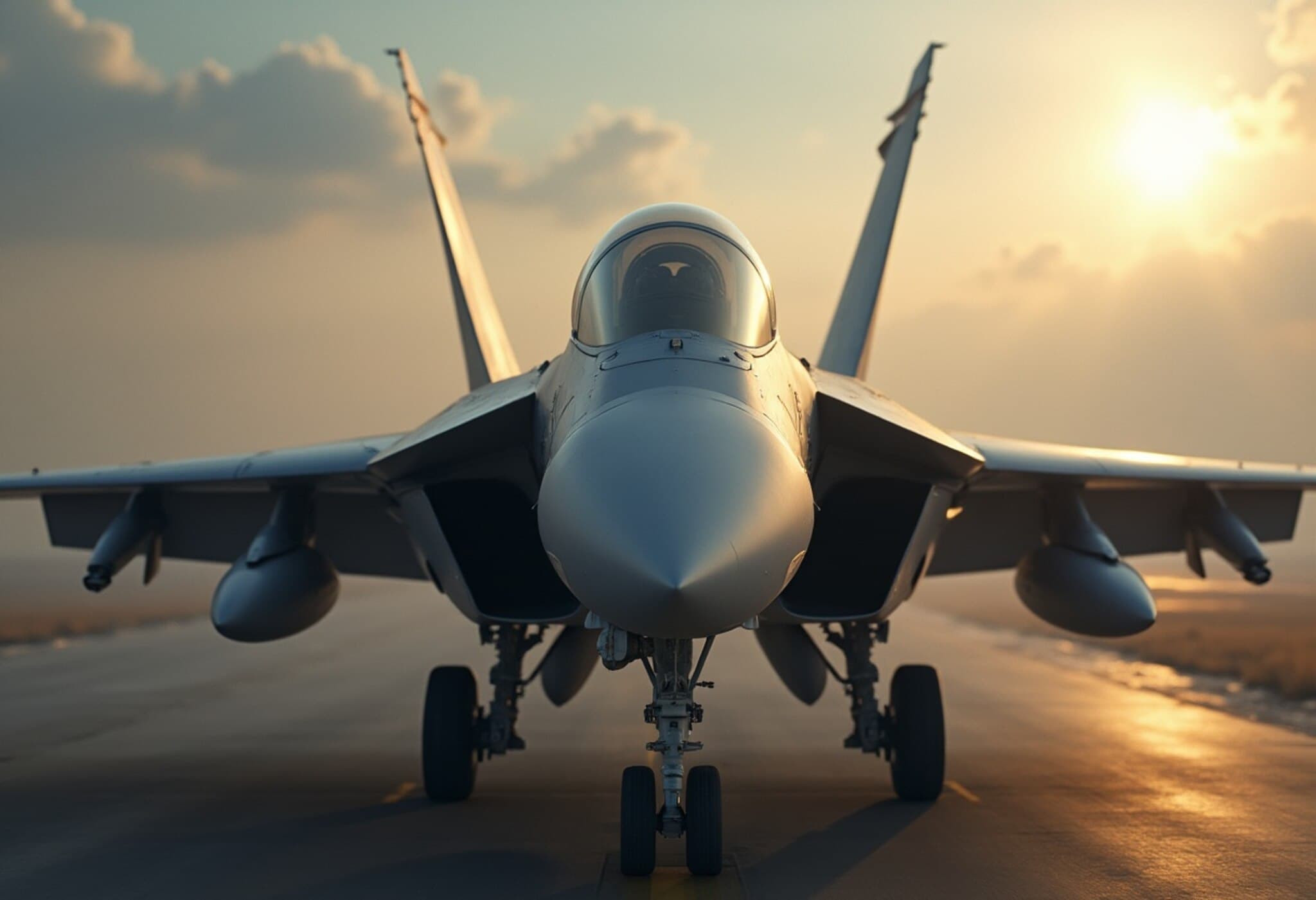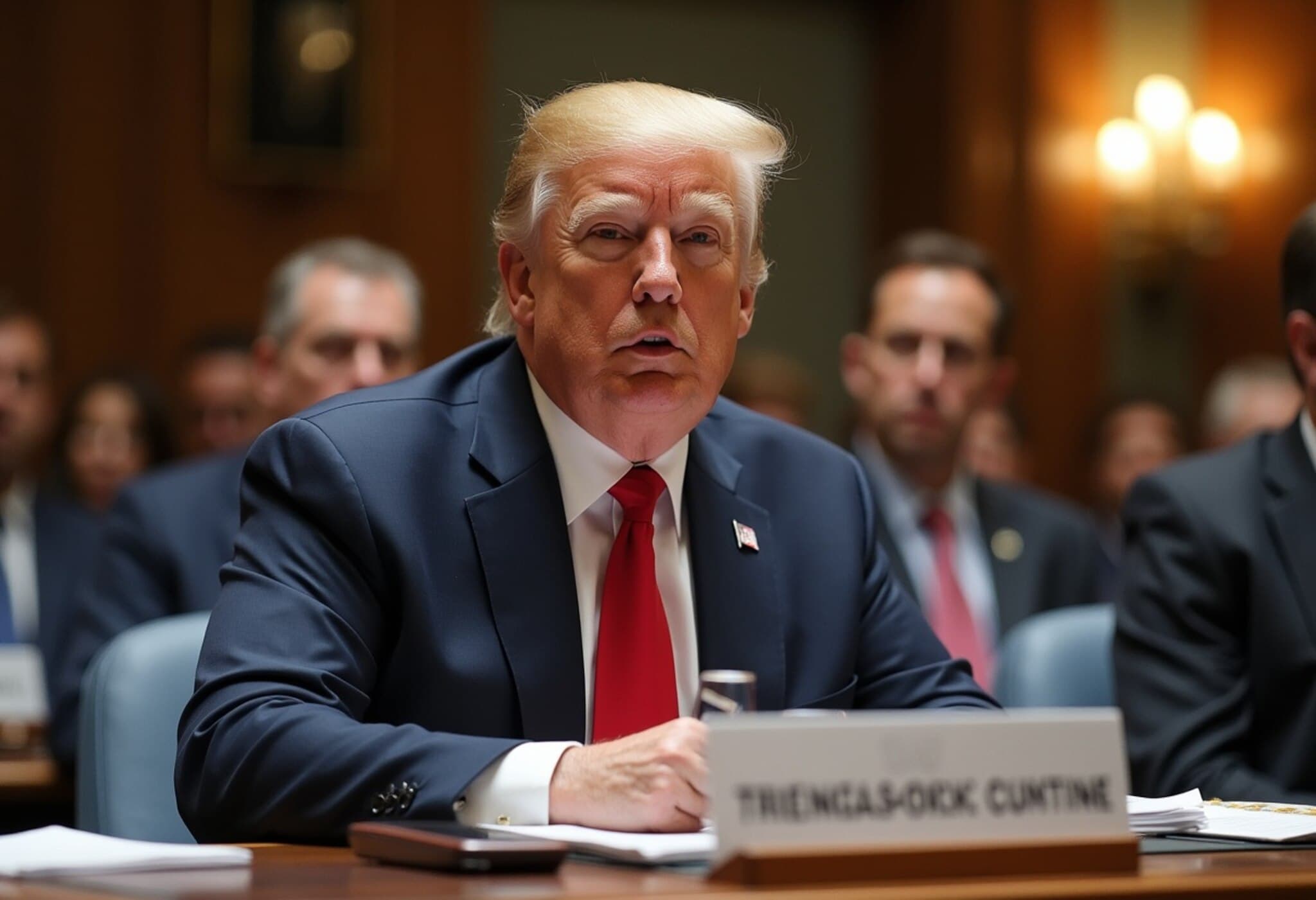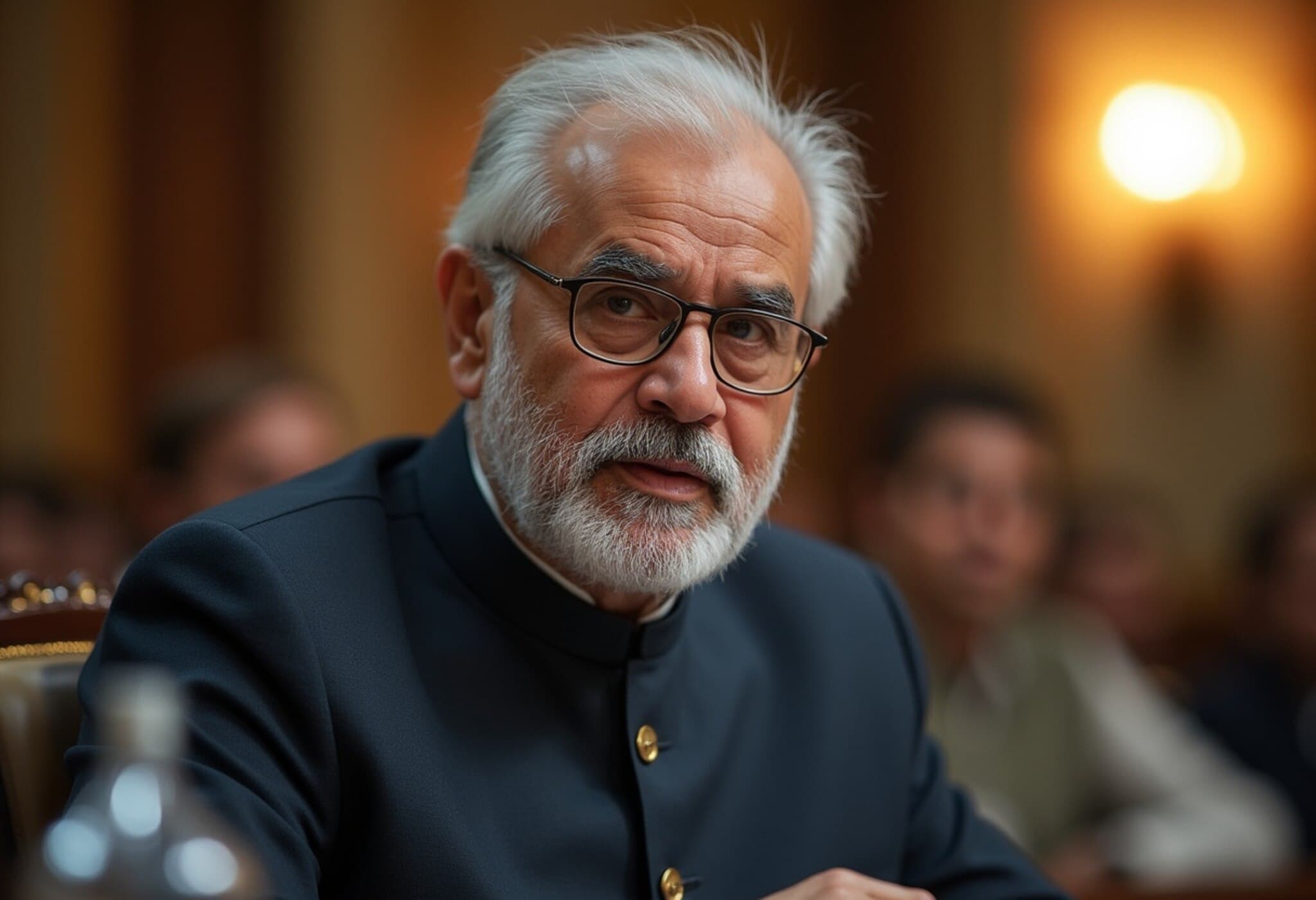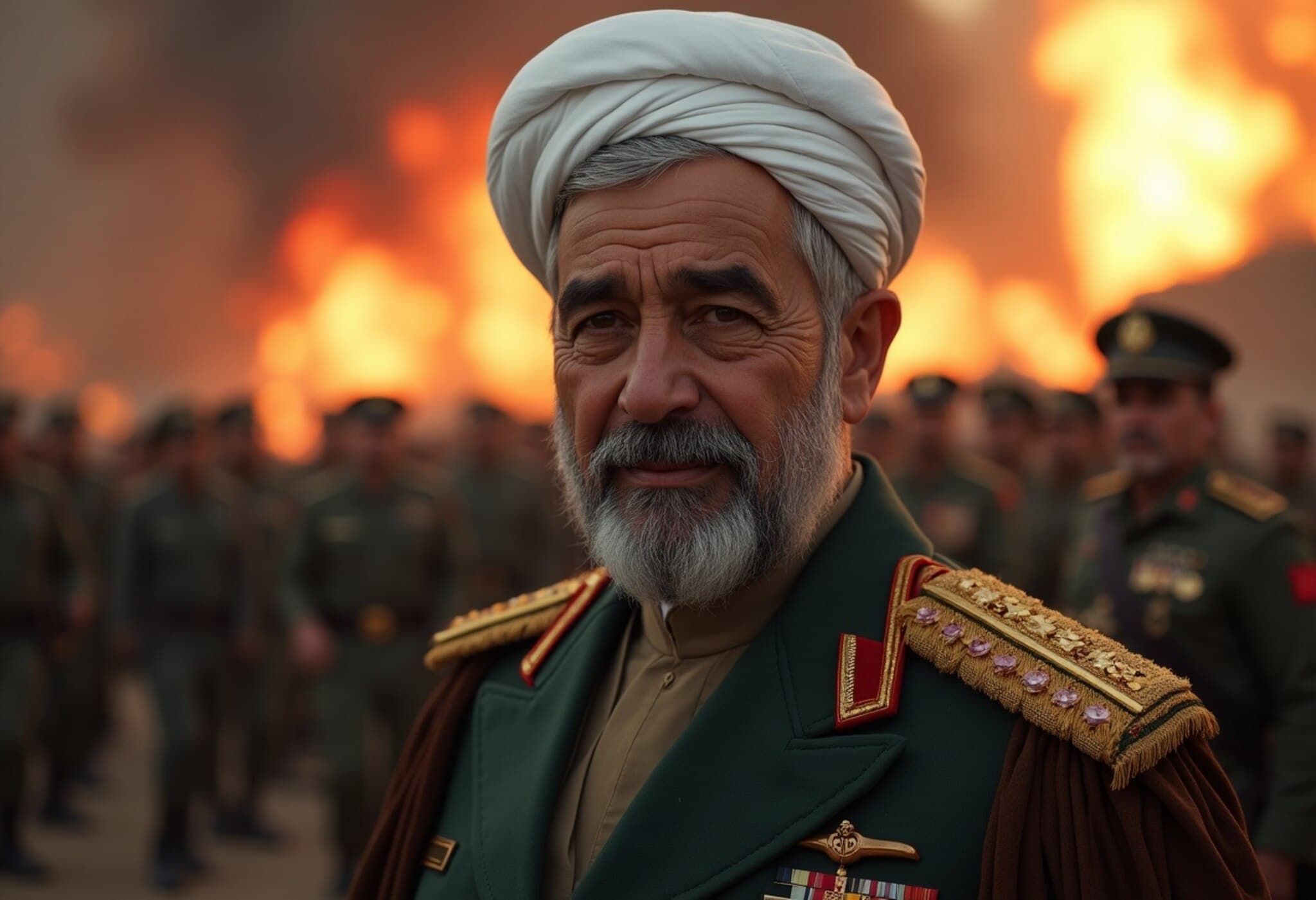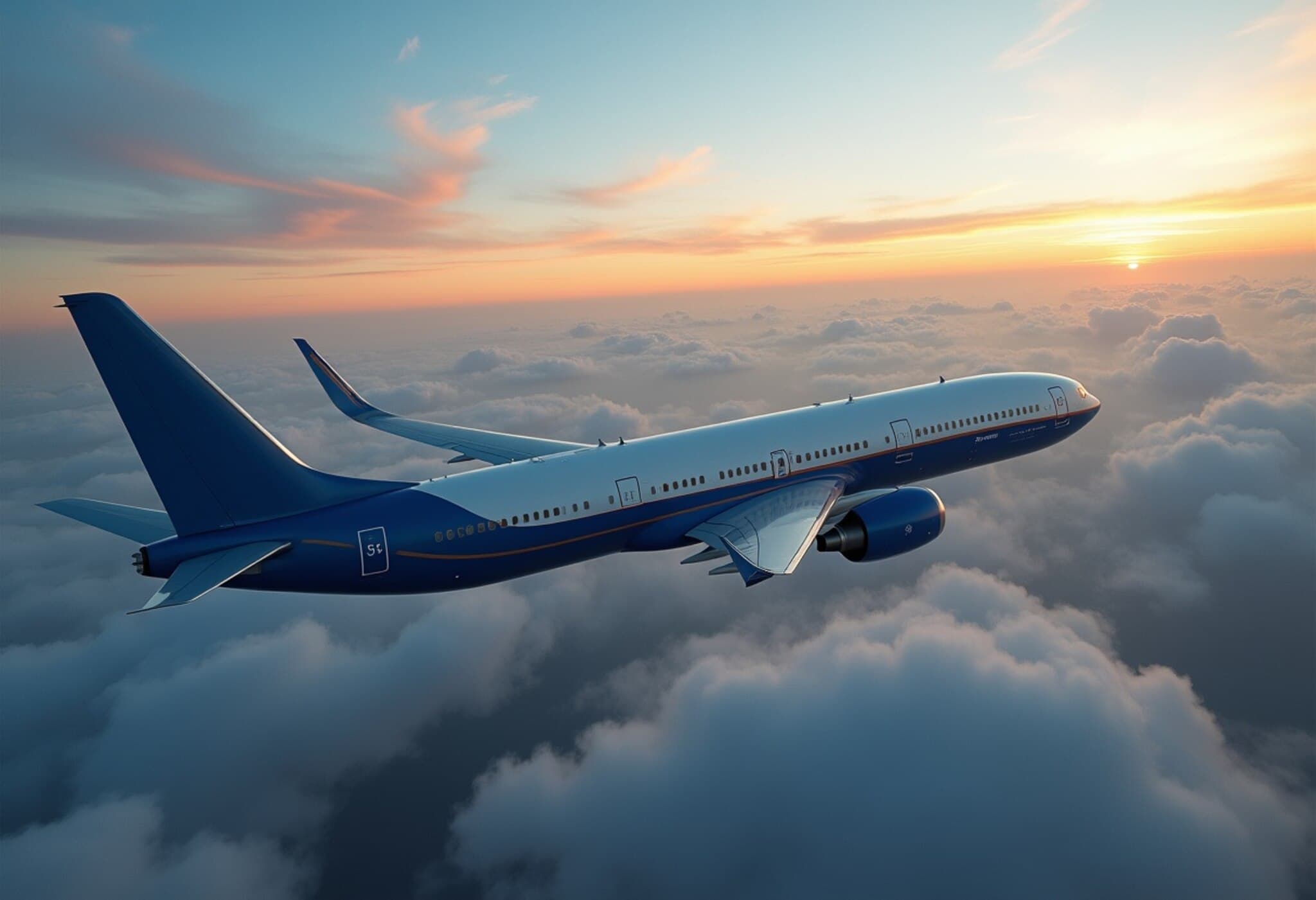Modi Pushes Back on Trump's Mediation Role in India-Pakistan Conflict
In a recent phone conversation, Indian Prime Minister Narendra Modi firmly dismissed U.S. President Donald Trump's assertions that America played a key role in de-escalating tensions between India and Pakistan. This marked their first direct communication since the intense military clashes earlier this year.
Clear Message from Modi: No Mediation Accepted
According to India's Foreign Secretary Vikram Misri, during the 35-minute call initiated by President Trump, Modi underscored that India neither accepted nor sought any external mediation regarding the conflict. "There is complete political consensus in India on this stance," Misri emphasized, highlighting the nation's unified outlook on sovereignty and bilateral problem-solving.
Background: Rising Tensions and Conflict Timeline
The intense exchange between India and Pakistan began in April when an attack by Islamist militants in Indian-administered Kashmir resulted in the death of 26 civilians. India responded with targeted airstrikes inside Pakistan territory, escalating military tensions dangerously close to full-scale war.
Throughout the escalation and its aftermath, President Trump repeatedly claimed that his administration was instrumental in brokering peace between the two nuclear-armed neighbors. At a White House appearance, Trump stated, "I stopped the war between Pakistan and India." Despite these proclamations, Indian officials maintain that the diplomatic cooling-off process was internally handled.
Diplomatic Dynamics: U.S.–India Relations and Regional Implications
Adding complexity to the atmosphere, President Trump hosted Pakistan's Chief of Army Staff for a luncheon at the White House. Trump described the meeting as a gesture of appreciation "for not going into the war" and also discussed potential trade agreements with Pakistan.
Meanwhile, Trump touted progress toward a trade deal with India. He and Modi were slated to meet in person at the G7 summit in Canada this week, but Trump cut the trip short, citing escalating tensions in the Middle East.
Trump Draws Parallels to Other International Conflicts
In a broader geopolitical perspective, Trump compared the recent India-Pakistan crisis to ongoing tensions between Israel and Iran, urging both parties to broker peace similarly. "Israel and Iran should make a deal just like I got India and Pakistan to make," he remarked.
Looking Ahead
While the U.S. continues to assert its influence on global conflict resolution, India’s clear stance emphasizes its preference for direct bilateral dialogue without external intervention. This episode reflects the delicate balance in South Asian geopolitics and the complex U.S. position amid regional rivalries.

